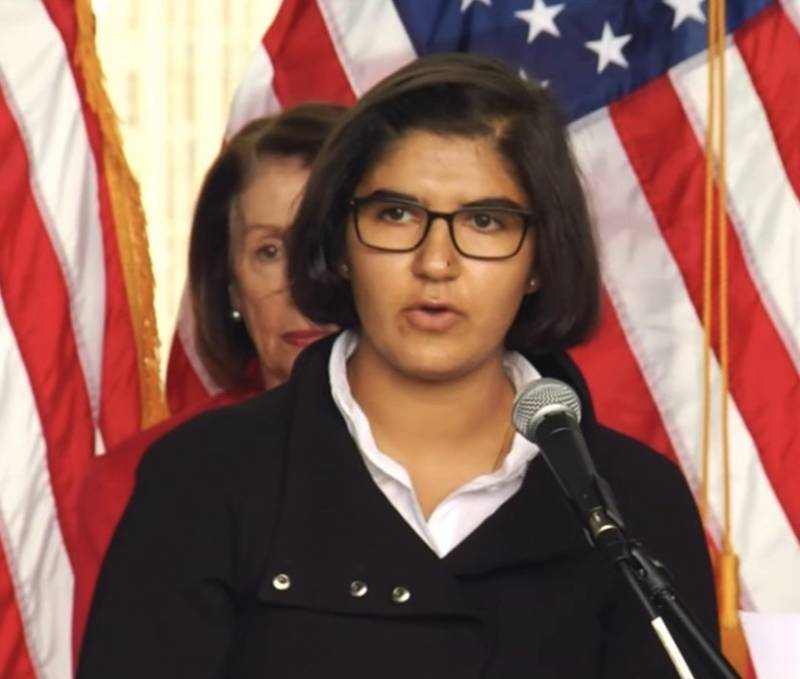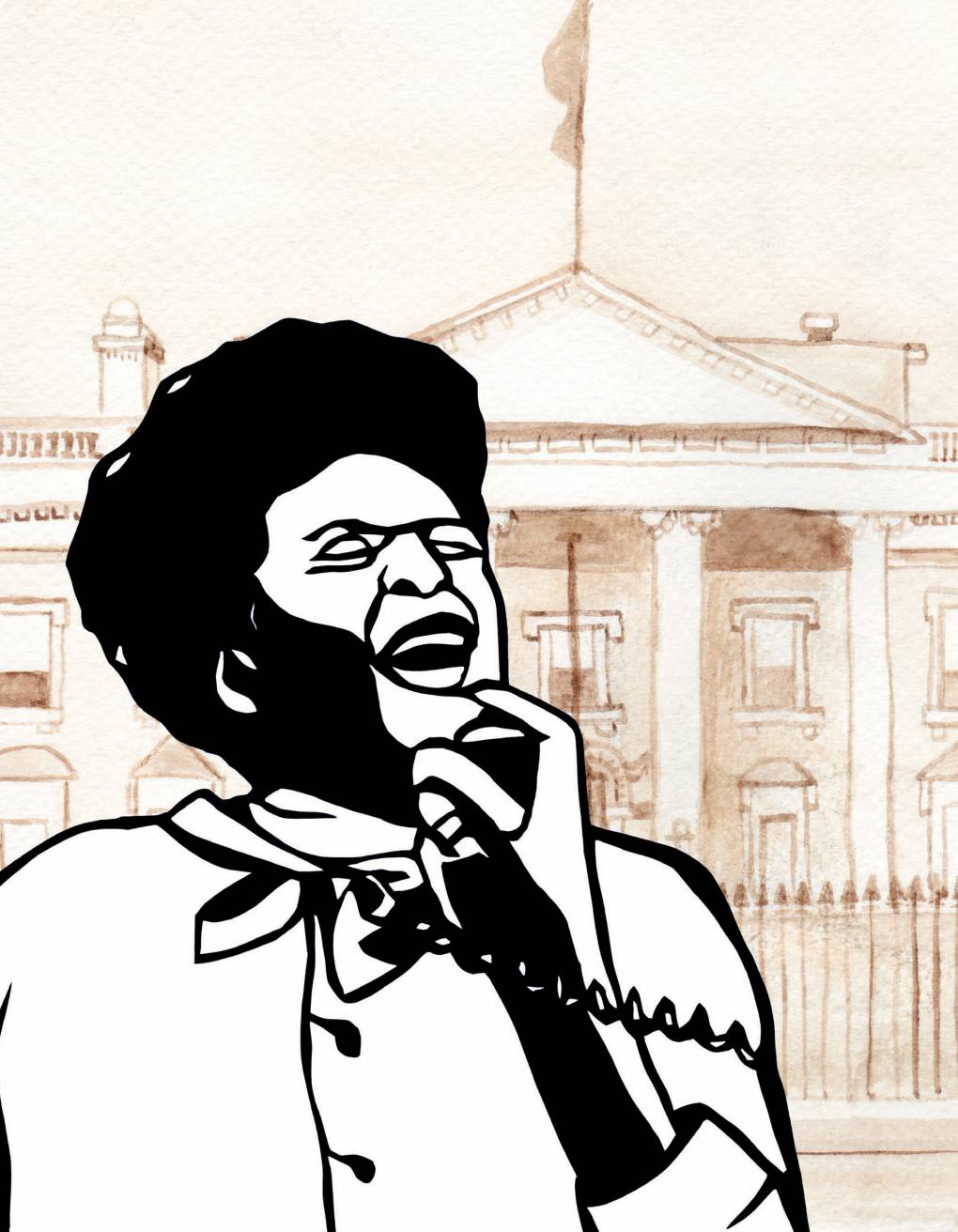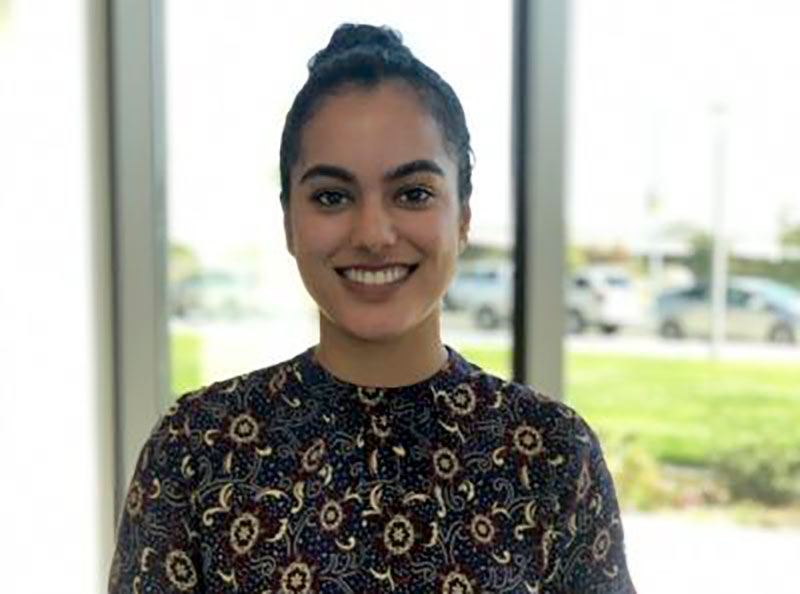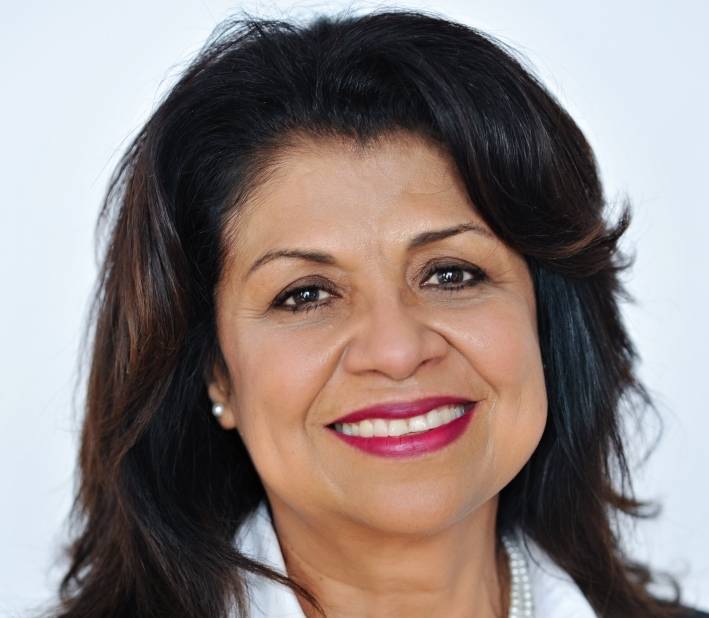The 100th anniversary of the 19th Amendment, which enshrined women’s constitutional right to vote in the United States, is on Aug. 18, 2020. So we’re asking politically engaged women in our community to share their personal voting stories with you.
Today: From pre-teen political intern to campaigner for a lower voter age, meet San Francisco Youth Commissioner Arianna Nassiri.
Arianna Nassiri was casting about for something to do a few summers ago. So she decided to apply for an internship at San Francisco City Hall.
She sent in her paperwork, waited for about a month, and was thrilled to get an interview.
"I show up to the interview, and London Breed's legislative aide goes, 'Oh my goodness, you must not have graduated high school yet!' And I said, 'Well, no, I'm actually going into eighth grade.'"
Nassiri said it was only at that point her 12-year-old self realized the internship was meant for college-age applicants.
"The whole office started laughing," she said. "But they ended up giving me the position."
That internship kick-started Nassiri’s political career.
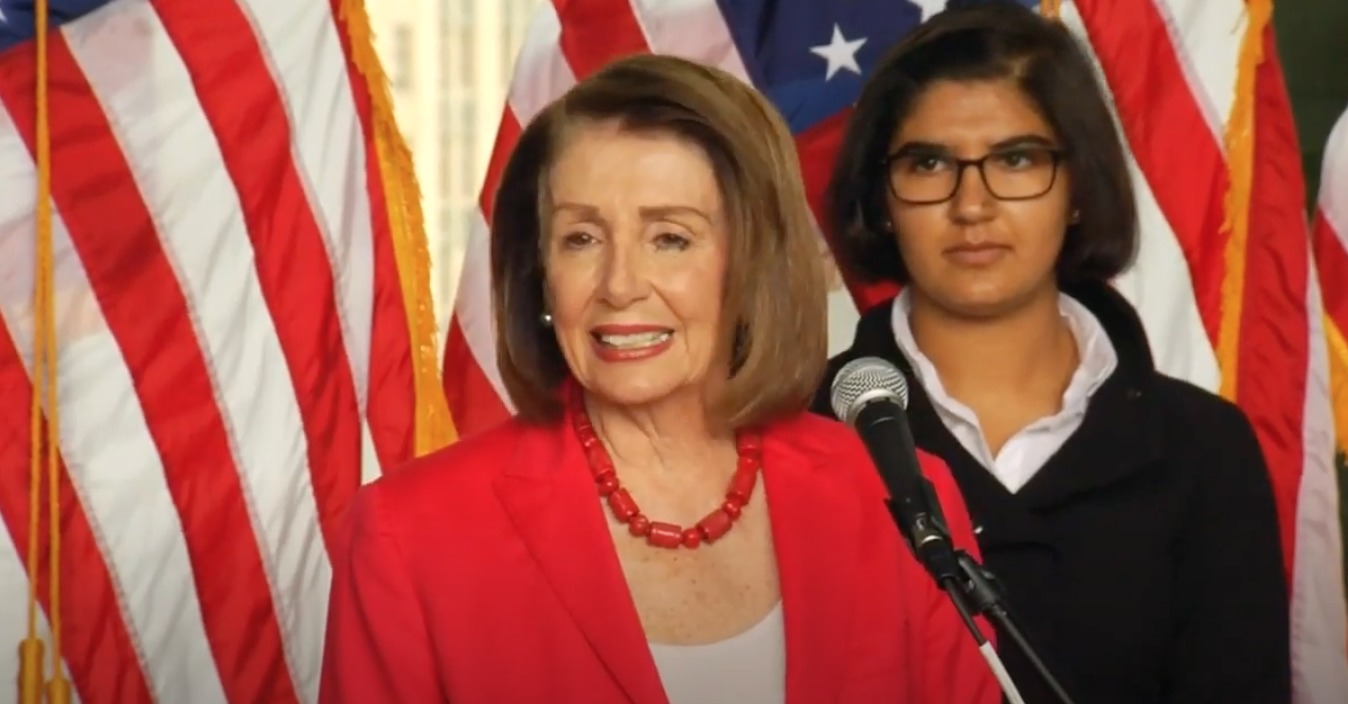
Since she joined the city's Youth Commission in 2017, she’s appeared on the podium alongside Nancy Pelosi, where the teen gave a speech about the importance of voter representation and maintaining an integral election system.
And she’s leading the "Vote16" campaign to lower the voting age in San Francisco to 16.
"San Francisco young people, on average, pay taxes, drive, pay for SFMTA, and they're enrolled in San Francisco Unified Schools — all systems that are controlled by the legislation that's passed in elections," Nassiri said. "And these young people have voices that are currently absent in the electorate."
Share your own voting story with KQED — we'd love to potentially feature you too
In the lead-up to the 2016 election, local youth worked around the clock to rally support for lowering the voting age. A KQED video followed a group of teens out canvassing for the Vote16 campaign, which was put before San Francisco voters as Proposition F.
If Prop F had passed, it would have made San Francisco the first major U.S. city to allow 16- and 17-year-olds to vote in municipal elections.
Nassiri wasn’t part of that campaign, but remembers it was a close call; Prop F only lost by around three percentage points.
"And that margin can easily be written off as a lack of campaigning experience, and even just one district that was not necessarily involved in the campaign," she said.
There's nothing in the U.S. Constitution that says states cannot lower the voting age.
